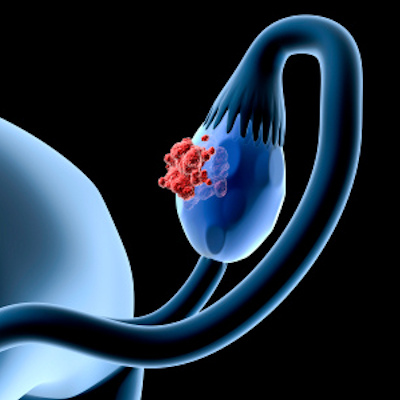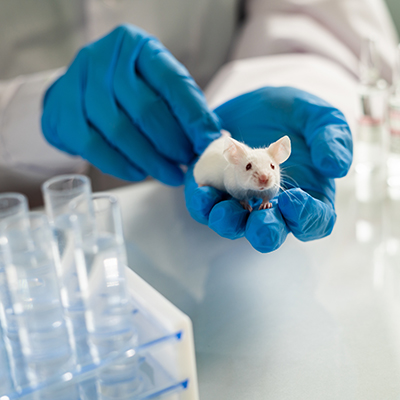October 11, 2022 -- Two studies from Cedars-Sinai Cancer have pinpointed genetic factors tied to increased ovarian cancer risk. The studies, partly funded by the National Institutes of Health, may provide more accurate identification of susceptible women.
The first study, published October 6 in the Journal of the National Cancer Institute, identified four human genome regions harboring mutations that increase the risk of developing epithelial ovarian cancer. The copy number variant is the number of copies of a gene an individual has. When the genome gets copied, structural variation can occur, and parts of the genome can get deleted, duplicated, or rearranged, leading to diseases including cancer.
The researchers compared deletions and duplications in 13,000 women with ovarian cancer and 17,000 women without ovarian cancer to identify copy number variants associated with ovarian cancer risk. They found significant deletions and duplications in the BRCA1 gene, BRCA2 gene, and RAD51C gene, all known to harbor DNA sequence changes that increase risk.
In addition, the researchers found four new genes not previously linked to increased ovarian cancer risk. This study, the largest ever to investigate copy number variants in ovarian cancer risk, may lead to improved genetic testing for women.
The second study, published July 27 in the Journal of Experimental & Clinical Cancer Research, investigated how ovarian tumors develop chemotherapy resistance. Using whole-genome sequencing, researchers found that most high-grade serous ovarian tumors are chemo-resistant even at very early stages.
"Alterations in genes such as BRCA in either the cancer or the patient's germline have profound implications for treatment and prevention," Cedars-Sinai Cancer director Dr. Dan Theodorescu, PhD, said in a statement. "As our research propels, so do our translational findings that impact and improve patient lives."
Copyright © 2022 scienceboard.net









